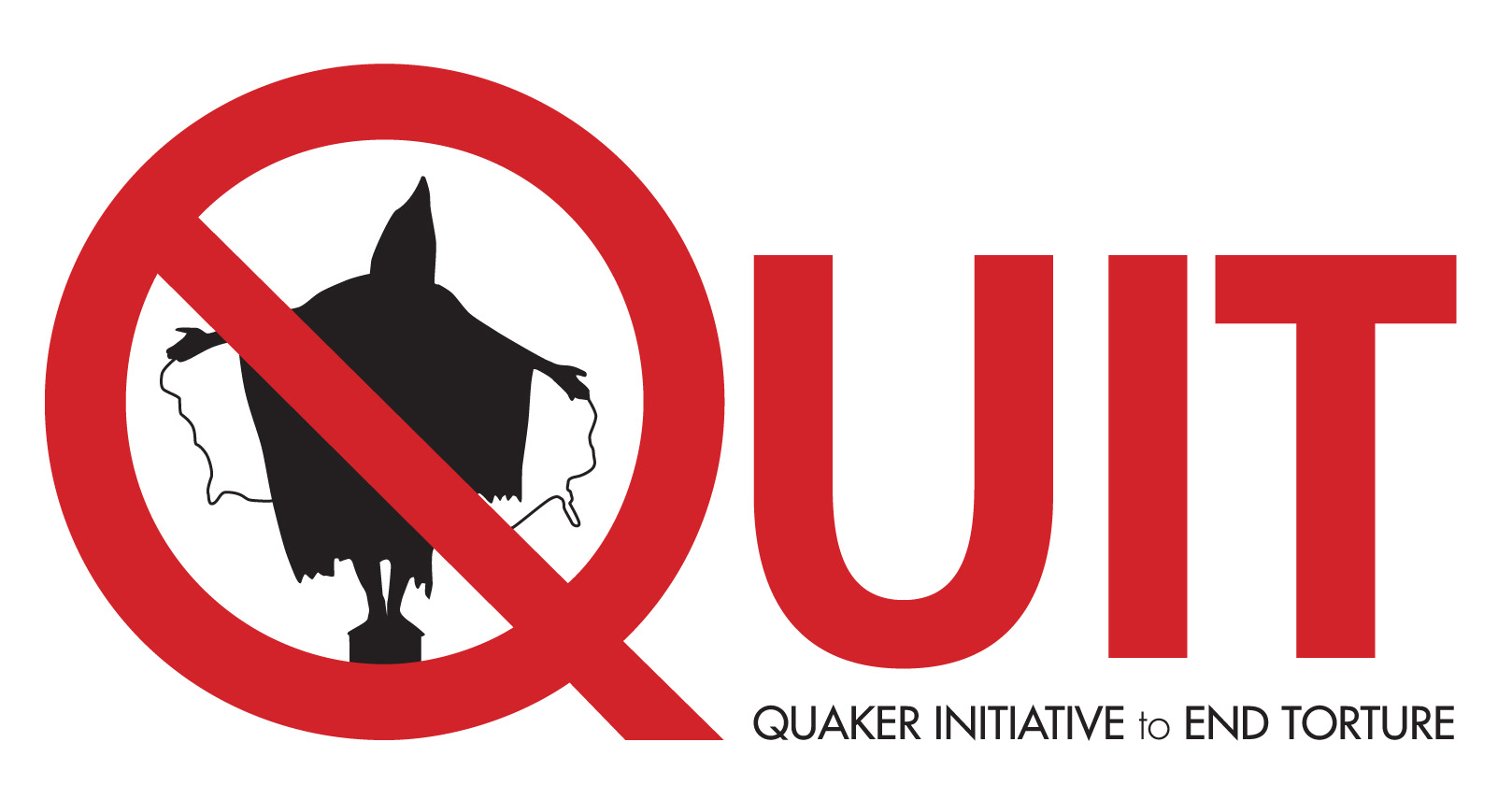Torture and Other Secrets
This article appeared in the November 2005 issue of Peacework, published by the New England Regional Office of the American Friends Service Committee, and reprinted with their permission.
John Calvi is a Quaker healer who has worked with tortured refugees since 1988. His website is www.johncalvi.com.
There are things we don't talk about much, secrets, because they are difficult. They are difficult because we don't have ways of thinking about them. We may not have ways to talk about them. We don't have much information on them. And, most importantly, they are ugly and scary. Each culture has a list of these secrets. The list changes as information escapes into conversation and ways of learning become possible for something previously obscure. In my own lifetime the list of American secrets has changed considerably so that subjects which were unknowable and impossible to speak about before have now become topics of study and common knowledge -- such as cancer, homosexuality, lynching, post-traumatic stress disorder in soldiers, incest, addiction, rape, and the holocaust.
A secret on this list moves slowly upward towards light as more people come to understand that something has parts and pieces and even logic and is not just a huge horror. The topics named here have shifted on the list as culture changes and progresses. What is still at the bottom of this list is torture. It is a great American secret still holding all the requisite characteristics: huge and horrible, ugly and scary, unknowable from so little information available, and present throughout many generations but especially today.
Like the car wreck we saw on the way home, we try not to see it again in our minds, though each image lingers with some part of us wanting to understand its meaning in our lives. The push not to see what is so ugly, and the desire to sort out what it is, push against each other. The battle is joined by American popular culture with its bias for bright shiny things for sale, and fast and shallow content giving only glimpses. Thus, torture stays on the list of things we don't see or know and therefore can't change. Sometimes people are so sure they can't handle a profound and constant awareness of such terrible realities as torture or rape, that they shrink from acquiring any understanding. It will always be true that only a certain number of people will choose to work deeply in these areas as healers, witnesses, and teachers. But many more people can listen, think, and wonder a bit to learn what torture is and what it means for a society.
The spiritual consequences of secrets are well-known -- sudden potholes in integrity, surprise areas where knowledge is lacking, the panic of cover-ups, and the confusing combination of these three to create a response for which there seems to be no logic. Most obvious is the extraordinary effort to keep a secret hidden rather than open to wonder, wonder being the most basic posture of spiritual life.
The spiritual consequences of living in a world with torture are also quite specific. Either you are moved to act against it, or you stifle and smolder. For each of us who have paid for torture through our taxes, the dilemma is a cultural watershed. We have the cultural myth of the independent force of the individual making change and doing good. But often this myth meets with a fierce don't-rock-the-boat mentality at home, at work, and in public spaces.
Choosing to act in resistance, in whatever way we can, has the light of integrity that comes from being one with our deepest feelings of justice, and this is always good for mental and spiritual health. It will also make for some disappointment, loneliness, and the need to explain yourself.
The other choice -- not to act -- is the more common response. It is common because life is already full, what might one do anyway, and aren't I in enough trouble already. These are the overt reasons to stuff and numb oneself. The more quiet reason is that it hurts to see and know what is. It's disturbing and we could let this one go by and forget. How much awareness do I need to keep up with anyway? The monster is too big for me to address. Both acting and not acting require energy and effort . Only acting has a payoff.
To have torture as part of the heritage we, as US Americans, have provided the world (think of the American wars in Southeast Asia and Central America), is to carry the loss of integrity, the ignorance, and panic of discovery in each of our hearts whether or not we approve of torture.
Torture has always been easy to justify but it has never rested within the human awareness to be comfortably carried. As a burden, it resembles the addict's stash or the bruise hidden under clothing -- maybe known of by others, unable to be laid down, and always a greater pain than is understood.
To have our leadership participate, deny, spin, and wink over the use of torture, lingers within us like glimpsing the car wreck, the neighbor's or family member's bruise, the addict's stash. We can't bear to know its scary ugliness but we can't get it out of our minds. There is no moral force in our country's leadership to say what we all know -- that torture injures all who know any aspect of it from any distance, that it shames all other good works done over hundreds of years, and that to do anything other than admit and stop is to participate. This is how a list of secrets is kept as heritage and burdens our children.
